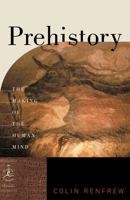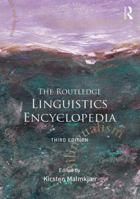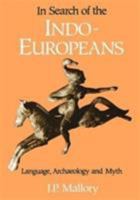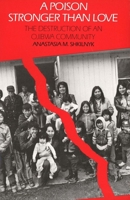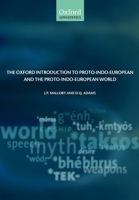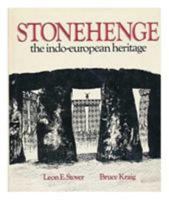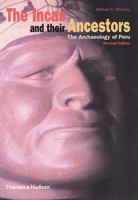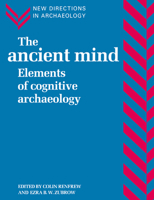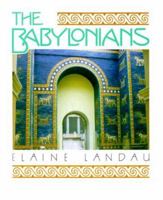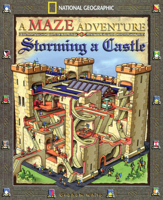Archaeology and Language: The Puzzle of Indo-European Origins
Select Format
Select Condition 
Book Overview
You Might Also Enjoy
Customer Reviews
Rated 4 starshistorian
This is an excellent treatment of the origins of the Indo-Europeans and together with Cavalli-Sforza's "Genes,Peoples and Languages" provides where from and at what time period the ancesters of the Europeans originated. Renfrew's only inaccuracy is in infering that at the time of the arrival of the first agriculturalists to the Balkans a Greek association be made. Cavalli-Sforza puts forward a more factual and convincing...
0Report
Rated 5 starsReason vs. Dogma
This is an excellent iconoclastic overview of an often maligned people who were to provide the basis for western civilization. Although Mr. Renfrew comes across as a reasonable scholar - often noting the tenuousness of his own conclusions and fairly articulating opposing views - he is vilified by the old guard - the Gimbutas gang of western-bashing renown. Another reviewer cites Mallory's work, In Search of the Indo-Europeans,...
0Report
Rated 5 starsA fascinating book
No one can doubt Mr.Collin Renfrew's erudiction on the subject of the origin of the people who first spoke an indo-european language. No doubt he is one of the most important scholars on this very difficult subject. This does not mean that one has to agree with his very particular and innovative vision of the original place where an indo-european language was spoken. He is the first to acknowledge to arrive at any non-controversial...
0Report
Rated 5 starsA Little More Balance, Please!
For those who prefer their IE ancestors waving bloody battle-axes as they horse across Eurasia, instead of pushing plows and herding cows, this book is not congenial reading. Renfrew identifies the "wave of advance" of agriculture into Central Europe from Asia Minor as the foundational event in the spread of IE languages. This puts the time of origin back beyond 4000 bce, possibly even to 7000 bce. The battle-ax gang...
0Report
Rated 5 starsA challenging model for the spread of indo-european
Since the mid-nineteenth century it has been recognised that most languages can be grouped together with others based on their common roots. One of these groups is that of the indo-european languages (which include the germanic, romance, celtic, slavic, baltic, greek and indo-iranian languages). At one time the area in which these related languages were spoken stretched from the Atlantic to the Far East and from Scandinavia...
0Report














